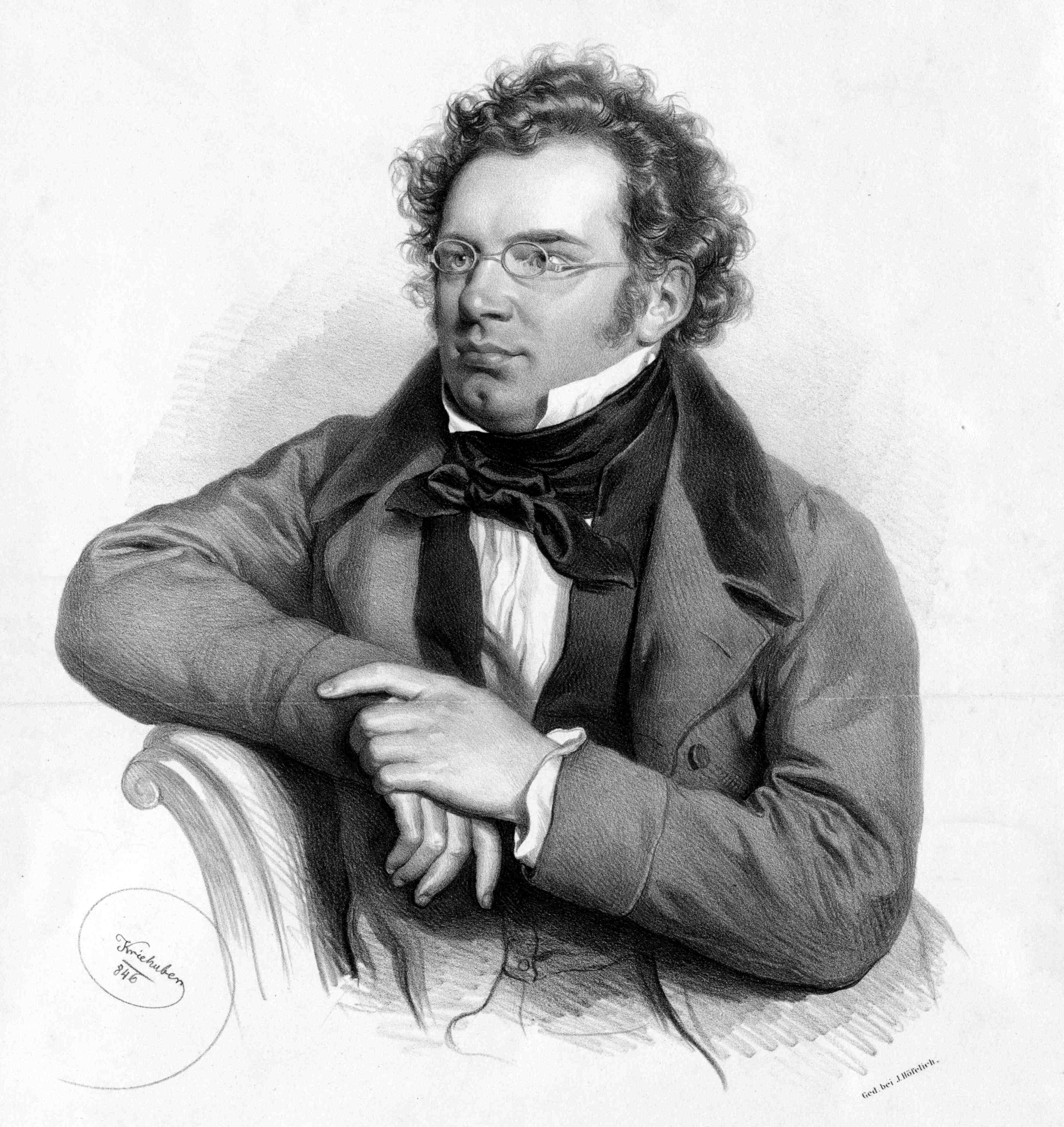 |
| Franz Schubert Lithograph (Photo credit: Wikipedia) |
Of all the great classical composers Schubert is probably the most humble. During the course of his short life he really had no idea of his importance or of his future place in the archives of great composers. He did not try to impress you with his composition but rather it tells you a story in a simple way. Along with Mozart, we have here a completely natural musical genius.
Schubert lived in Vienna in the same period as Beethoven, in fact, Schubert knew of the great master and would see him in the local taverns but never had the courage to introduce himself, such was his shyness and humility. He was lucky enough to be born into a musical family and received a musical education from early childhood.
The great musical facility Schubert possessed was for melody and in particular for songs for which he wrote a great deal, actually, he composed music every day of his life usually all morning until 2 in the afternoon. Frequently in the afternoons he would take walks in the woods or spend time with his friends, an activity he enjoyed immensely.
Schubert's music was perfect for a small and intimate audience and often his cultured friends would organise musical evenings in which he would sit at the piano and entertain the small group with his compositions. Schubert was never able to secure employment in music and relied instead on the support of this friends and from his music lessons to pupils. It was really only his close circle of friends which appreciated him and his musical abilities.
He died at the early age of 31 having composed a great amount of musical beauty, many of them now considered masterpieces.
|

